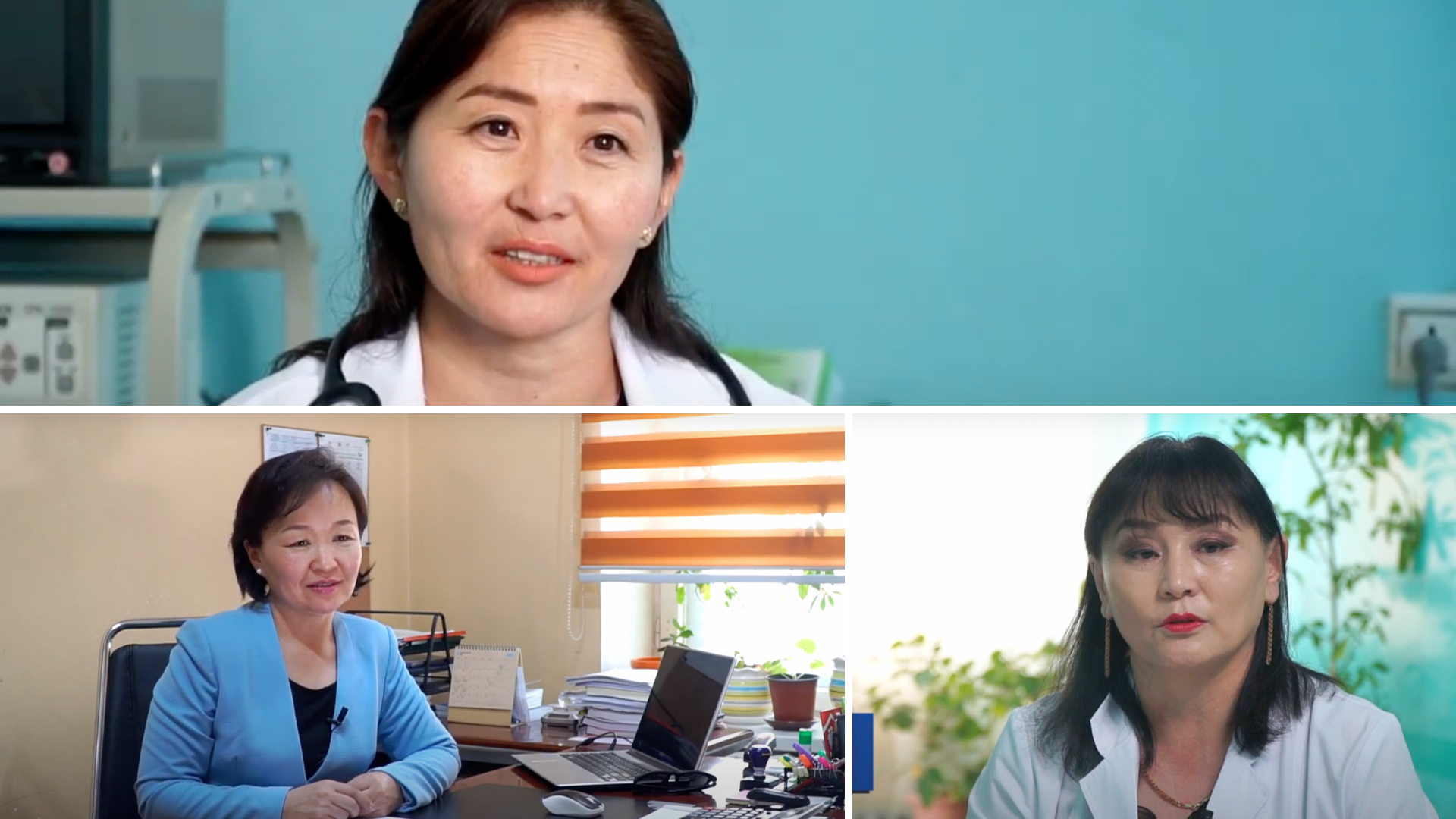By Zoljargal Gantumur, Project coordinator for ‘Strengthening Representative Bodies in Mongolia’ project
60% of all local representatives to the Citizen’s Representative Hural (CRH), councils at a sub-national level, elected during local elections that take place every 4 years, enter this position for the first time in their careers.
The ‘Strengthening Representative Bodies in Mongolia’ (SRBM) project implemented by the Secretariat of the State Great Khural (Parliament), the United Nations Development Programme (UNDP), and the Swiss Agency for Development and Cooperation (SDC) from 2017-2021, recognized the need to provide capacity building for these local representatives on a long-term, and continuous basis. As part of the project, induction training for capacity building of representatives at all administrative levels, leadership workshops, women leadership programmes, as well as national trainer the trainer sessions were jointly organized with the National Academy of Governance, and the MONFEMNET National Network for gender equality and social justice. Estimates indicate that over 20,000 local representatives (double-counted figures) received coaching in these events.
In this story, we highlight initiatives by local women representatives, who took part in the SRBM project, and applied their knowledge to promote equal opportunities for vulnerable groups in their communities.
J.Dulmaa is a general practice doctor, and one of the 10 women representatives of the 40 member Citizen’s Representative Hural of Bayankhongor aimag. Despite the fact that women are in the minority of the local CRH, Dulmaa emphasized that the gender balance in the hural is at a historic high. She was quick to imply that “Women are better leaders in resolving issues related to health, education, and social welfare in the most time-efficient way”.
Dulmaa, with the support of her close friends and the local Governor’s Office, launched a project on building a local kindergarten via crowdfunding from the local community. There were no set requirements for donation amounts as even a thousand Mongolian tugriks (less than 1 USD) contributed to the construction work. The kindergarten was built in 3 years, and became a major support for the income of families as it allowed 30% of mothers who previously lack adequate child care to return to work while leaving their children in a safe environment. Dulmaa’s project is a noteworthy example of how elected representatives can raise and lead efforts to resolve challenges faced by local communities, and thereby, provide assistance to the operations of the local government.
Dulmaa was one of the 2,000 women leaders involved in the ‘Women Leadership Training’ capacity building and networking programme by the SRBM project. Dulmaa highlighted that the workshops have helped her gain skills in accurately identifying the needs and issues faced by her community based on research and data.
D.Nergui, Improving waste systems in Bayanzurkh district, Ulaanbaatar City
In addition to her role as member of the CRH of Bayanzurkh district of Ulaanbaatar City, D.Nergui leads a government-owned organization on waste transport. Nergui was motivated to apply new innovative approaches to her work through her participation in SRBM’s Leadership programme for woman representatives as it encouraged her to build upon her own work for new initiatives on promoting positive social change and sustainable practices. The programme also encouraged her to be a bold pioneer for change as it build her confidence in being proactive in transforming the waste system of UB city.
With the new inspiration that she gained, Nergui conducted her own personal research, and found that 60 percent of waste produced daily in Ulaanbaatar city is paper. This amount builds up to 10 tons of paper waste each month. Nergui identified the opportunity to classify and recycle paper waste that is generated from large commercial areas in the 7 khoroos (administrative units within Ulaanbaatar city districts) that she represents. Paper waste is collected from shopping centers and other large units in the area, and transported to a paper waste facility, instead of the previous custom of being delivered to waste dump sites. Our local representative emphasized that her efforts are in consideration of Sustainable Development Goal 11-Sustainable Cities and Communities, as well as the national development agenda. She explained that ultimately, she is trying to leave less waste and pollution for future generations.
Ch.Buulkhavga, Improving access to health services in Saikhan soum, Selenge aimag
7 of the 31 Citizen’s Representatives of Saikhan soum, Selenge aimag are women. These women represenatives in Saikhan soum had the opportunity to attend local women leadership trainings organized in the aimag. One of the attendees of the workshops was Ch.Buulkhavga, orthodontic and citizen representative. Buulkhavga expressed that the sessions were exceptionally useful in gaining knowledge on new approaches to combatting common challenges faced in the aimag.
One of these challenges was the high occupancy rates and lack of inclusive services of the regional hospital located in Saikhan soum as it is the main source for health services for approximately 25 thousand reisdents of 5 Western soums of Selenge aimag. With the new insights that she gained in the woman leadership trainings, Buulkhavga, organized public hearings, a practice she explained is still new in Mongolia, on the funding for additional medical tests to be taken at the hospital. This process, however, was not easy as it took a total of 81 public hearings to come to a joint agreement. Despite the outcome of the meetings could not be completed due to regulatory constraints, Buulkhavga remains positive and is proud of her local community for joining forces to come up with solutions for a common issue that they faced.
Following the completion of the UNDP implemented ‘Strengthening Representative Bodies in Mongolia’ project, the Cabinet Secretariat of the Government of Mongolia will maintain and expand the growth made possible by the project as demonstrated by the inspiring women leaders above.

 Locations
Locations





